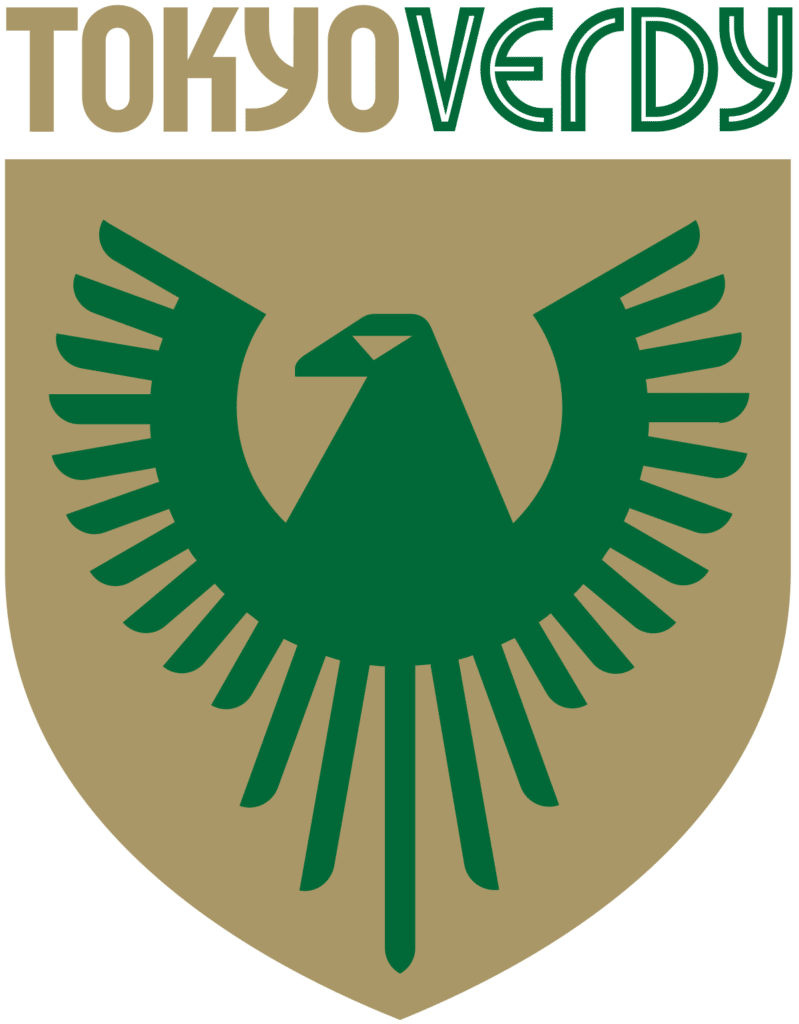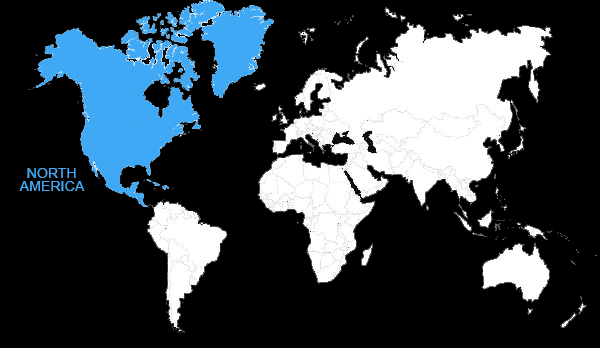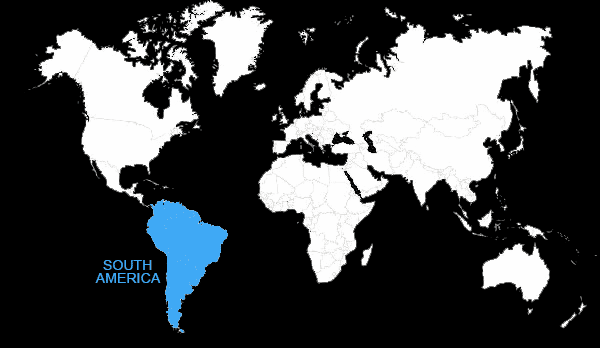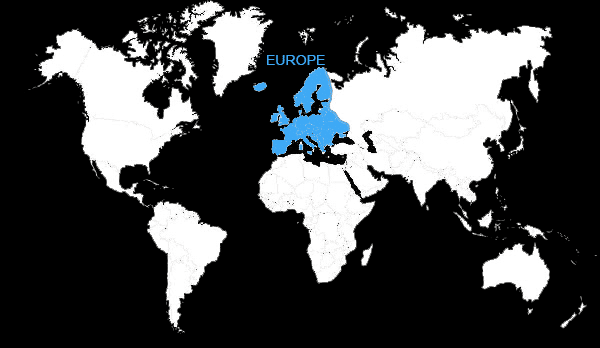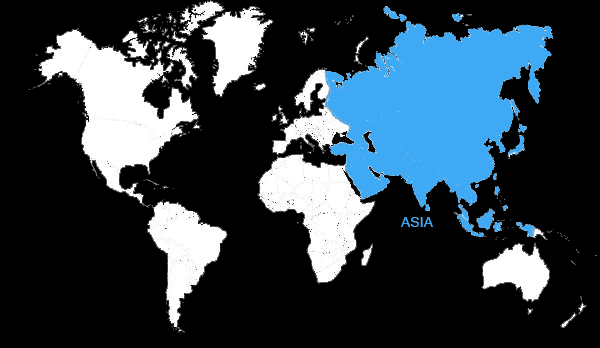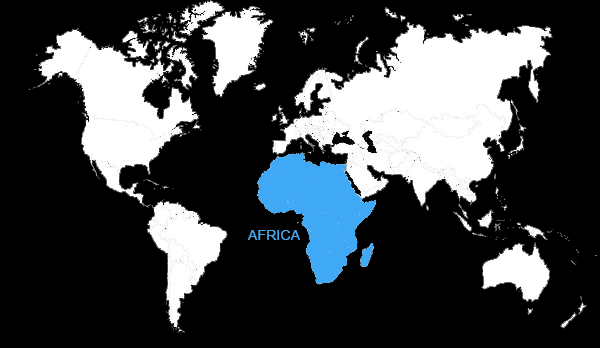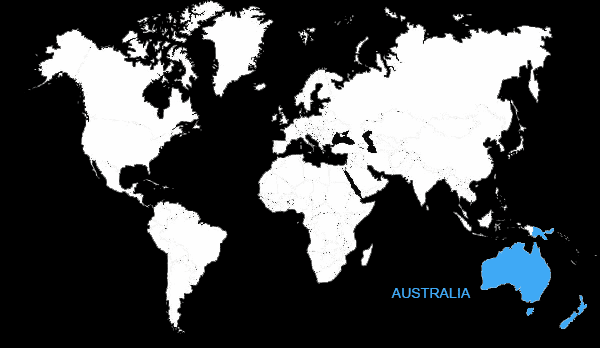Tokyo Verdy Tryouts
Tokyo Verdy (東京ヴェルディ, Tōkyō Verudi) is a Japanese professional football club based in Chōfu, Tokyo. The club plays in the J2 League, the second tier of football in the country.
Tokyo Verdy Youth Development System
Academy
Please click here to visit their official academy news section for the latest information on tryouts.
EXPLORE MORE CLUBS!
Explore more professional clubs by continent.
Soccer School
Since the club was founded in 1969, Tokyo Verdy has pursued soccer that is fun to play and watch, based on individual ideas, teamwork, and high technology.

At soccer schools, we do not model children or ask for one correct answer. First of all, the coach will enjoy playing soccer together. While enjoying the game, I try to give hints and inspiration through sometimes words and sometimes intense play so that children can feel like finding new ideas and ways to improve because of the fun. I am.
Soccer School Recruitment
At Tokyo Verdy Soccer School, anyone can participate in a free trial of classes that are being considered for enrollment. Please apply for a free trial at the venue where you are considering joining and feel the atmosphere of Tokyo Verdy Soccer School directly. All the coaches and staff are waiting for your application. Click here for more information.
History
Early years and rise to the top (1969–1983)
After Japan won the bronze medal at the 1968 Summer Olympics in Mexico City and the subsequent interest in football that ensued, the president of the Japan Football Association, Ken Nozu, paid a visit to the chairman of the Yomiuri Giants in October 1968 to inquire as to whether or not Yomiuri would be willing to ride the wave of the game by establishing their own football club.
Matsutaro Shoriki responded in the affirmative. Shoriki passed away the next year, in 1969, but not before putting his signature on the documents necessary to form the Yomiuri Football Club. Yomiuri Football Club was established in 1969 and competed in the Tokyo Local League B (the fifth division) for the first time. The club had backing from the Yomiuri Group and NTV.
In 1971, they started earning promotions, and in that year they moved up from the Tokyo Local League to the Kanto Football League, which is the third tier. Yomiuri finished in third place in the Japan Soccer League in 1971 and was promoted to the second division. In 1978, they were given admission to the First Division, marking the beginning of a prosperous run in the highest level of competition. Their first major victory came in 1979 when they won the Japan Soccer League Cup.
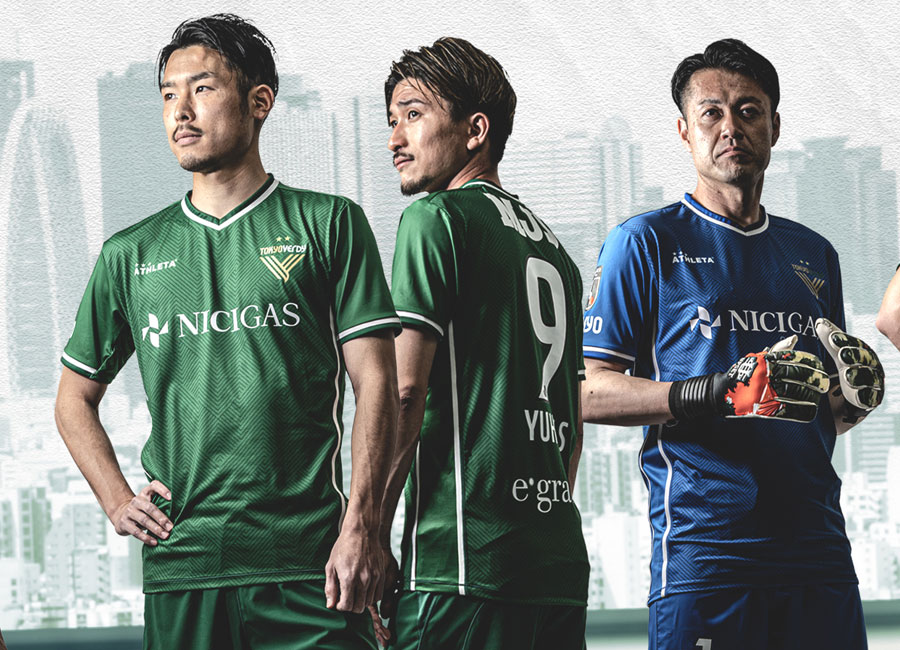
Golden Era (1983–1994)
Since the club’s early days as Yomiuri FC, its ownership has had the goal of building it into a star-studded powerhouse that is supported by fans from all around Japan. During the early 1990s, when Japanese football was just beginning its transition from the JSL to the J.League, the league made significant investments in its stars and featured Japan internationals such as Kazuyoshi Miura, Ruy Ramos, and Tsuyoshi Kitazawa.
The last two JSL championships as Yomiuri FC in 1990–91 and 1991–92, and then winning the first two championships as Verdy Kawasaki in 1993 and 1994, effectively winning four straight Japanese league titles for a total of seven overall titles, the most in the Japanese system, making them the highest-ranked team in the Japanese system.
In addition, Verdy was victorious in the Emperor’s Cup in 1996 as well as three straight J. League Cups in the years 1992 and 1994. In 1993, the JSL was reorganized into the current professional J.League after being disbanded. It was at this time that the team decided to compete at a professional level and called itself Verdy Kawasaki.
The name is derived from the Portuguese word “VERDE,” which means “Green,” and was most likely named after the squad’s green jersey color, which was known as “Tokyo Greens/Tokyo Verdi.” Despite the fact that Yomiuri was removed from the name of the club when it was spun out from the firm, Yomiuri continued to own the team until 1997, at which point it was purchased by Nippon Television Network, which is the broadcasting division of the Yomiuri Group.
Lack of success and support (1995–2000)
This early success did not, however, prove to be sustainable, and as the squad’s players aged, the performance of the team declined. The first-place finish that Verdy achieved in the second stage of the 1995 season would turn out to be the team’s final stage triumph, and the team’s victory in the Emperor’s Cup in 1996 would be the team’s final major title of the decade.
All of the teams were forced to reduce their spending due to the slump in the national economy as well as the waning interest in the J. League. Because of this, Verdy was no longer in a position to purchase pricey successors for its aging stars. In the 1996 J.League season, Verdy Kawasaki finished in seventh place overall, which was the lowest standing in the history of the league up to that point.
The following year, in the 1997 season, Verdy Kawasaki finished in sixteenth and twelfth place in the first and second stages, respectively, and in fifteenth place overall out of seventeen teams. Verdy appeared to be on its way back to prominence in 1999 by placing second in the first part of the race; however, this recovery was just temporary as the horse dropped to tenth place in the second portion of the race. The team’s ambitions to become “Japan’s Team” in the meantime alienated local fans in Kawasaki.
The club’s mounting debt was a direct result of the high salaries paid to employees as well as the declining attendance. Verdy took the choice to leave Kawasaki because he was having trouble competing against the newly professionalized team that was their crosstown opponent, the Kawasaki Frontale, as well as the adjacent Yokohama Marinos and Yokohama Flügels.
Return to Tokyo (2001–2005)
In 2001, the team relocated from Kawasaki to Chfu, Tokyo, and changed its name to Tokyo Verdy 1969 to represent both its new location and its history as Yomiuri FC. Previously, the club was known as Kawasaki Verdy. Despite the fact that Verdy moved to Tokyo in order to expand its fan base and put more distance between itself and its competitors, Tokyo was already home to a J1 club in the form of FC Tokyo at this point.
Even though there was a significant boost in attendance for Verdy, the numbers were still a significant amount lower than those for FC Tokyo. Their new neighborhood competitors had been elevated to J1 in the year 2000 and had already won over a significant proportion of the supporters that Verdy had hoped to win over. During its first season in Tokyo, Tokyo Verdy 1969 concluded the first stage of the 2001 season in 16th place, which was the lowest of any team in the division. This resulted in the club finishing behind FC Tokyo in the standings.
The team would have been demoted to J2 if not for the performance of Edmundo, who was acquired in the middle of the season, and a victory in the final game of the second stage. In the first stage of the 2002 season, Tokyo Verdy 1969 finished in last place, like they had done in the previous stage, but they were able to finish the season strong and place fourth in the second stage.
After finishing in the middle of the league in both 2003 and 2004, Tokyo Verdy 1969, led by Osvaldo Ardiles, triumphed in the Emperor’s Cup on January 1, 2005, becoming the first team in Tokyo to win a major championship in the intervening nine years. Verdy was granted entry into the AFC Champions League in 2006 as a result of their victory in the cup competition. Despite this, Tokyo Verdy 1969 had its lowest finish ever in the 2005 season, coming in 17th place out of 18. This was the poorest finish in the team’s history.
After playing in the top division of Japanese football for the previous 28 years, Tokyo Verdy 1969 were demoted to J2 in the inaugural season following the elimination of the two-stage season model. The month of July was highlighted by three devastating losses for the team: a loss by a score of 6–0 to Jbilo Iwata on July 17, a loss by a score of 1–7 to Gamba Osaka on July 2, and a loss by a score of 0–7 to Urawa Red Diamonds on July 6.
The following day, Tokyo Verdy fired Ardiles from his position. The team that Ardiles was coaching at the time of his dismissal had a winless streak of nine matches and had allowed 23 goals in their previous five outings. On the other hand, on July 25 the struggling Verdy defeated the European powerhouse Real Madrid, 3-0, while Real Madrid was on a preseason tour in Asia.
Back in the second tier (2006)
On December 22, 2005, the club announced that former Verdy Kawasaki great Ruy Ramos would take over as manager beginning with the 2006 season. The peculiar situation that Tokyo Verdy 1969 found itself in was that it had to play in the AFC Champions League despite the fact that it was playing in the second division of the national league structure.
Takayuki Morimoto, who at the age of 15 became the youngest player to score in the J.League, was the most notable member of the core group of young players that were kept on the team after Tokyo Verdy 1969 was demoted and released many of the seasoned players who had been with the club. On the opening day of the 2007 season, Tokyo Verdy 1969 was successful in defeating Thespa Kusatsu by a score of 5–0. After a brief struggle with Consadole Sapporo over the J2 title, Tokyo Verdy 1969 was forced to settle for second place, which was sufficient to secure promotion back into the top division for the 2008 season.
The club went through its second rebranding at this time, removing 1969 from its squad name while keeping Tokyo Verdy 1969 as the name of the management organization. After coming in 17th place in 2008, which was the second-to-last spot, Verdy was destined to be demoted once more. The 40 years of Yomiuri/NTV directly providing financial support to the club came to an end on September 17, 2009, when NTV made the announcement that it would sell its shares in the club and transfer ownership to a new holding company called Tokyo Verdy Holdings.
The J.League gave its approval for the deal, but there was one stipulation: Verdy needed to get a new sponsor by November 16, or else they would risk being kicked out of J2 football for the upcoming season. In October of 2010, Tokyo Verdy entered into a sponsorship agreement with the sporting goods retailer and garment manufacturer Xebio for a period of five years. As part of the sponsorship contract, the Xebio emblem was placed on Tokyo Verdy’s uniform, and the company also received naming rights for two home games played during the regular season.
Although it was made under their sports brand “Ennerre,” Xebio was also responsible for the club’s football uniforms. Following discussions with Xebio, a number of businesses settled on the decision to invest in the company, and in November, the new administration lead by Xebio was introduced.
Questions can be directed to our management team at [email protected].

